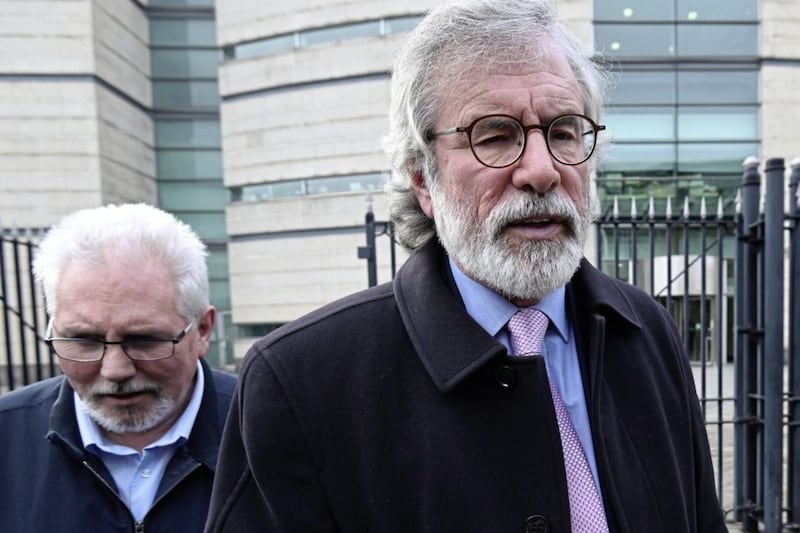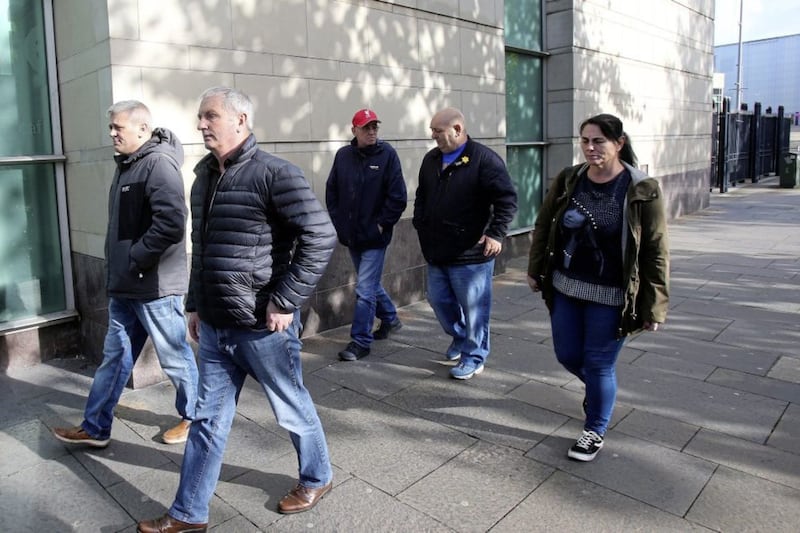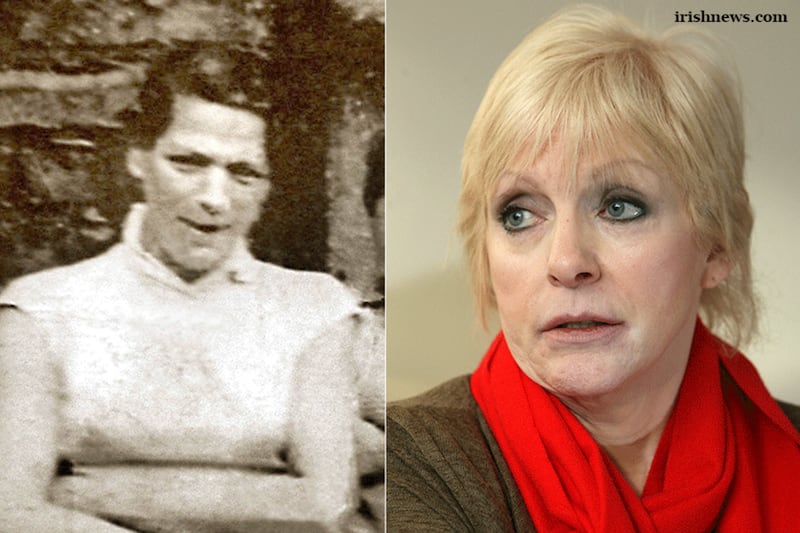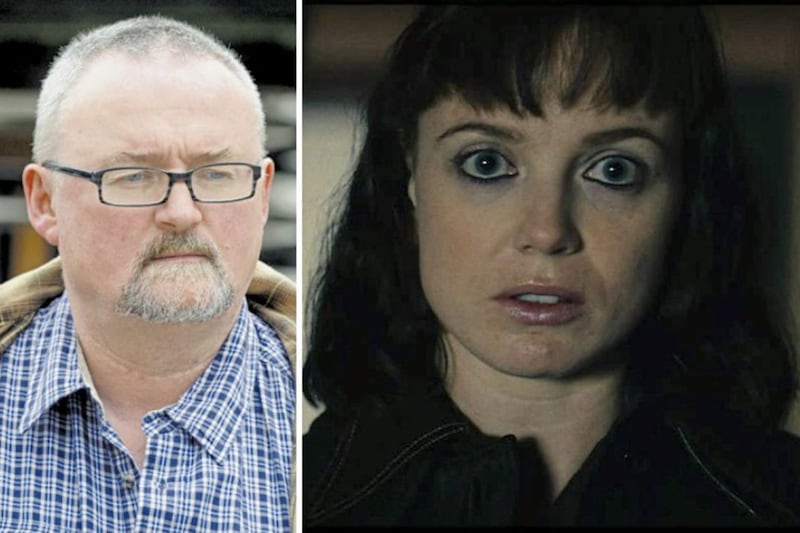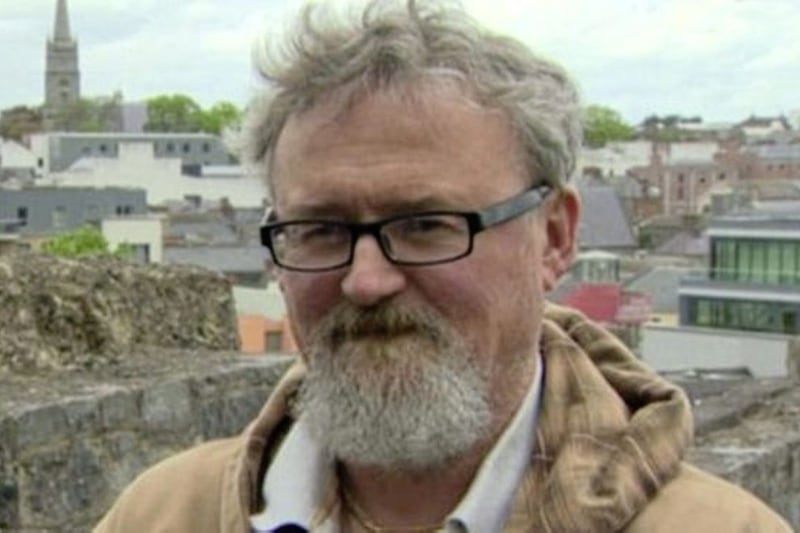A FORMER IRA man battling to stop police accessing his interviews for an American university project is to seek disclosure of all transatlantic legal correspondence.
Anthony McIntyre wants to know if a US court dealing with the Boston College tapes case received his affidavit denying involvement in alleged terrorist offences under investigation.
As High Court judges in Belfast directed that McIntyre's challenge must be heard this month, his lawyers confirmed their related bid to see material sent between British and American representatives.
Gavin Booth of KRW Law said: "We welcome this matter being listed for full hearing and will now proceed to make a discovery application for all materials held and put before the US authorities."
McIntyre, who is from Belfast but now lives in the Republic, is seeking to judicially review the PSNI and Public Prosecution Service for issuing an International Letter of Request (ILOR) over recordings held at Boston College.
He was one of the main researchers in a major project to compile an oral history of the conflict in Northern Ireland.
Dozens of loyalists and republicans provided testimonies to the college on the understanding their account would only be made public after they died.
But those assurances were dealt a blow when legal battles resulted in police securing transcripts and tapes of interviews given by former IRA woman Dolours Price and high-profile loyalist Winston `Winkie' Rea.
Rea (66) from Groomsport, Co Down, has been charged in connection with the murders of two Catholic workmen in Belfast more than 25 years ago.
Now the authorities want access to McIntyre's recorded recollection of his own IRA activities.
Detectives want the material as part of their investigation into alleged terrorist offences stretching back more than 40 years.
A subpoena seeking copies of his interviews was served on Boston College by the British government.
The move involves an ILOR setting out alleged offences being probed, including a bomb explosion at Rugby Avenue in Belfast in 1976, and membership of a terrorist organisation.
However, the former IRA man's legal team claimed he was the victim in the bombing, and that he was acquitted of the membership charge that features in the ILOR.
They insist the letter is replete with errors and have pressed for answers on whether his affidavit clarifying the situation was forwarded to American authorities.
The Public Prosecution Service has so far responded by stressing the confidentiality of the arrangements between the UK and US.
Cases involving requests for mutual legal assistance are commonly filed under seal in America, the court heard.
All issues are now set to be determined when the case gets underway in just over two weeks time.



